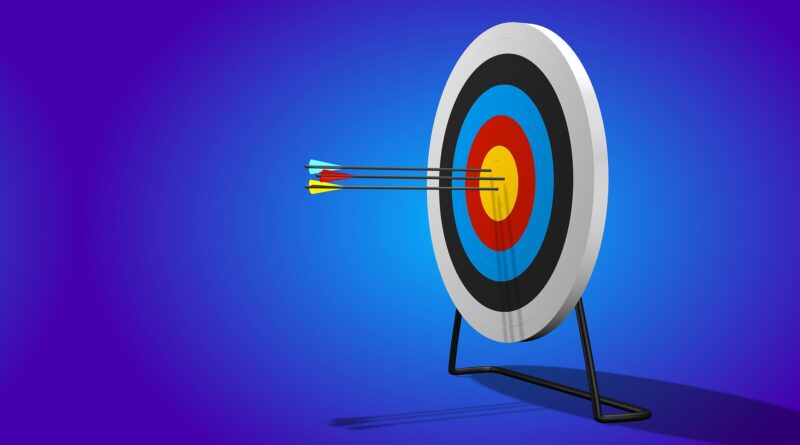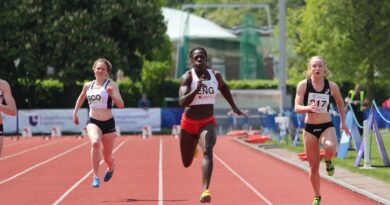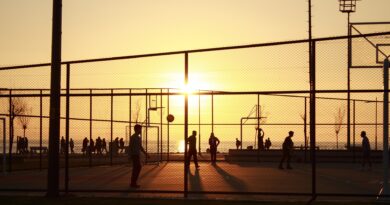Sports Diplomacy: Building Bridges and Fostering International Relations Through Athletics
Sports diplomacy refers to the use of sports as a means to foster international relations, build bridges between nations, and promote understanding and cooperation. Through athletic events, competitions, and exchanges, sports diplomacy has the potential to transcend political and cultural barriers, creating opportunities for dialogue, collaboration, and mutual respect. Let’s explore how sports diplomacy has been utilized to build bridges and foster international relations.
Cultural Exchange: Sporting events provide a platform for cultural exchange, allowing athletes and fans from different countries to come together and share their experiences, traditions, and values. When teams or athletes from diverse backgrounds compete against each other, it not only showcases their athletic prowess but also highlights the commonalities and shared passion for sports. This exchange can help break down stereotypes, bridge cultural gaps, and promote understanding and appreciation for different cultures.
People-to-People Connections: Sports diplomacy focuses on people-to-people connections rather than solely on political or diplomatic channels. Through sports, individuals from different countries can interact on a personal level, forming friendships and connections that transcend borders. These interactions can lay the foundation for long-lasting relationships and contribute to a more positive and cooperative international environment.
Sports as a Tool for Conflict Resolution: In some cases, sports have been used as a tool for conflict resolution and peacebuilding. Sporting events can provide a neutral ground where nations with strained relationships can come together and compete in a spirit of fair play and sportsmanship. By focusing on shared goals and common interests, sports can help reduce tensions, facilitate dialogue, and promote reconciliation.
International Sporting Events as Diplomatic Platforms: Major international sporting events, such as the Olympic Games or the FIFA World Cup, can serve as diplomatic platforms where nations gather to compete and celebrate the spirit of sports. These events provide opportunities for leaders and diplomats to engage in informal diplomacy, hold bilateral meetings, and discuss issues of mutual interest. Sports can act as a catalyst for diplomatic conversations and negotiations, contributing to diplomatic breakthroughs and agreements.
Sports for Social Change: Sports diplomacy also extends beyond diplomatic relations and can be utilized as a tool for social change and development. Sports programs and initiatives can be used to address social issues such as gender equality, education, health, and youth empowerment. By leveraging the popularity and appeal of sports, organizations and governments can promote positive social values, empower marginalized communities, and drive social progress.
Soft Power Projection: Sports success can enhance a nation’s soft power and global influence. Achievements in sports can create a positive image of a country, showcasing its talent, values, and achievements on the international stage. This positive perception can contribute to improved international relations, attract tourism and investment, and enhance a nation’s overall reputation.
In conclusion, sports diplomacy has proven to be a powerful tool for building bridges and fostering international relations. Through cultural exchange, people-to-people connections, conflict resolution, major sporting events, social change initiatives, and the projection of soft power, sports have the ability to transcend political boundaries and promote understanding and cooperation among nations. By harnessing the unifying power of sports, countries can utilize sports diplomacy to create a more peaceful, inclusive, and connected world.










